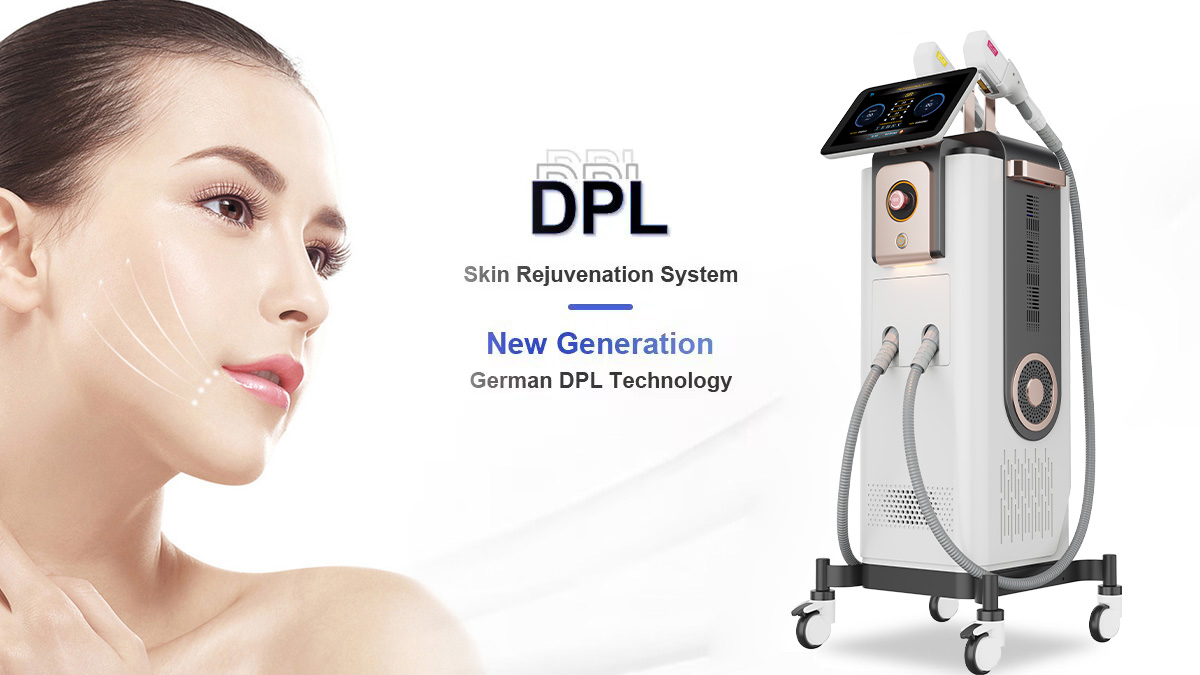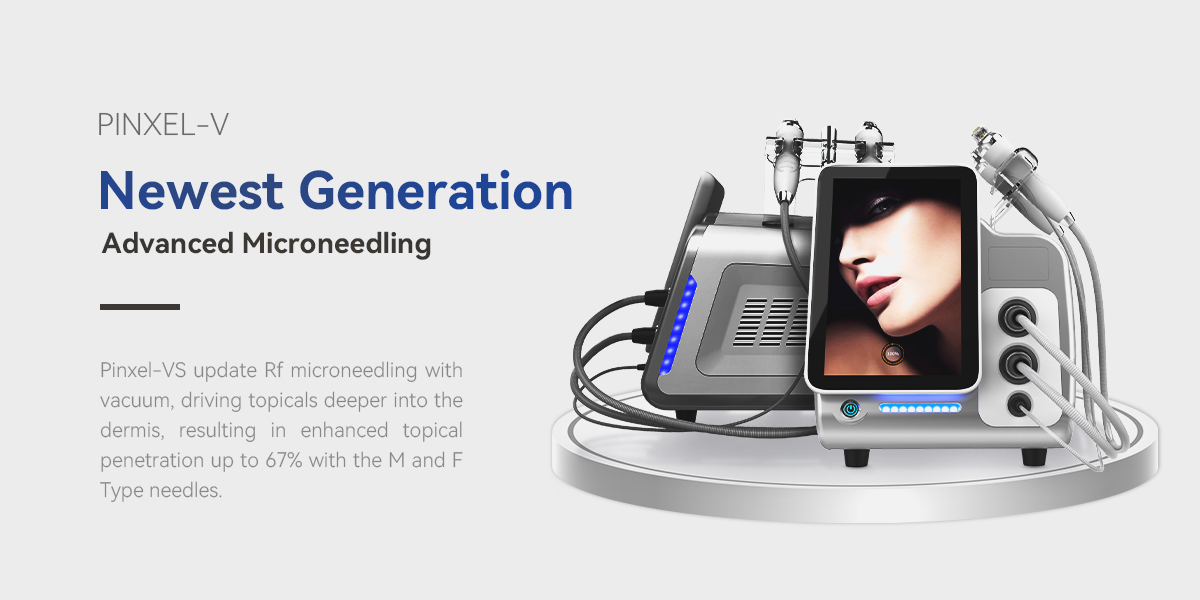Introduction:
Beauty devices have become increasingly popular in the market, promising various skincare benefits and improvements in appearance. In this article, we will explore the effectiveness of beauty devices and provide insights from the industry to help consumers make informed decisions.
- Understanding the Technology: Beauty devices encompass a wide range of products, including facial cleansing brushes, LED light therapy devices, microcurrent devices, and more. These devices operate based on different technologies such as mechanical, optical, electrical, or a combination of these. Understanding the specific technology behind each device is essential to assess its potential effectiveness.
- Expert Opinions:
- Dermatologists: Dermatologists often express mixed opinions regarding the effectiveness of beauty devices. While some devices have shown positive results in certain skincare aspects, they emphasize that devices alone cannot replace professional treatments or comprehensive skincare routines.
Estheticians:
Estheticians typically support the use of beauty devices as part of a holistic skincare routine. They suggest that devices can enhance the effects of skincare products and provide additional benefits, but caution that selecting the right device for individual needs is crucial.
Research and Clinical Evidence:
- Limited Research: As the beauty device industry continues to thrive, there is an increasing interest in research to verify device claims. However, research on the effectiveness of beauty devices is relatively limited, with most studies conducted by device manufacturers themselves.
- Device-Specific Evidence: Some beauty devices have scientific evidence supporting their efficacy. For example, LED light therapy devices have shown promising results in improving various skin conditions such as acne, wrinkles, and hyperpigmentation. However, the effectiveness may vary depending on the device specifications, treatment duration, and adherence to proper usage guidelines.
Consumer Experiences:
Consumer experiences with beauty devices are subjective and can vary widely. Some individuals report positive results, including improved skin texture, reduced acne, and enhanced skincare absorption. However, others may not observe any noticeable changes or may experience adverse effects due to improper use or incompatible skin types.
Importance of Personalization and Professional Guidance:
To maximize the potential benefits of beauty devices, personalization is key. Factors such as skin type, specific concerns, and device compatibility should be considered. Seeking professional guidance from dermatologists or estheticians can help determine which beauty devices are suitable for individual needs and ensure proper usage to avoid adverse effects.
Conclusion: While beauty devices hold promise in enhancing skincare routines, their effectiveness varies based on the specific device, individual characteristics, and personal usage. Limited research and subjective consumer experiences highlight the importance of informed decision-making and seeking professional advice. As the industry continues to evolve, a combination of well-established skincare practices, professional guidance, and appropriate use of beauty devices can contribute to achieving desired skincare outcomes.
Post time: Nov-14-2023






